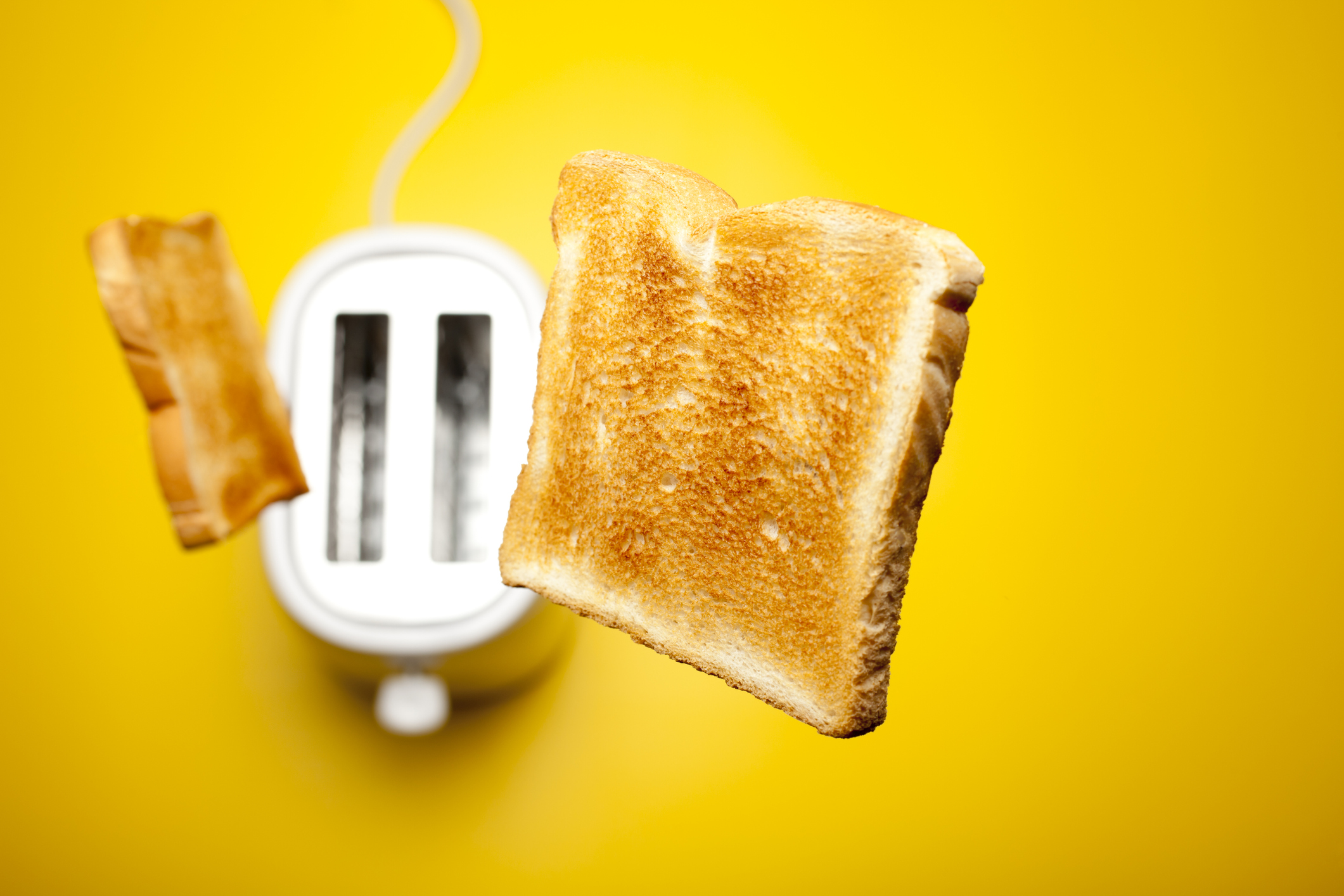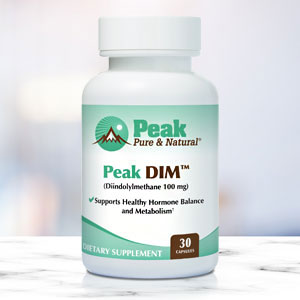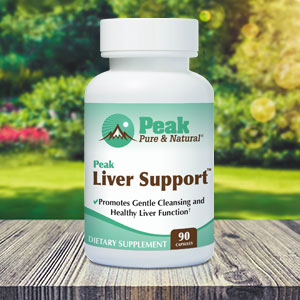Get Easy Health Digest™ in your inbox and don’t miss a thing when you subscribe today. Plus, get the free bonus report, Mother Nature’s Tips, Tricks and Remedies for Cholesterol, Blood Pressure & Blood Sugar as my way of saying welcome to the community!
Are banned food additives making Americans sick?

There are a few lifestyle differences between Americans and Europeans. Many experts believe those differences are why 46 other countries are at the top of the World Data list of life expectancy.
But just how different are we?
In the U.S., we focus a lot on career advancement, high salaries, big homes and new cars. Of course, a job is important anywhere, but in Europe, their attitude is “work to live, don’t live to work.” That may be why they report less stress than Americans.
But one of the biggest differences between us and them is the food we consume…
In Europe, when a food additive is found to have the potential to make consumers sick, promote tumors or cause disease, regulators err on the side of caution.
But in the U.S., our government allows additives and chemicals in foods manufactured in America that European regulators have outright banned. And those experts believe it’s making us sick.
In fact, the four such ingredients I’m about to tell you about would never be served to an American in Paris — or London, Rome or Madrid, for that matter…
The trouble with certain food chemicals
In an interview shared by CBS news, professor Erik Millstone, an expert on food additives at England’s University of Sussex, said most Americans were likely unaware they were being exposed regularly to substances in their food that are viewed as dangerous in Europe.
For instance, potassium bromate is added by some U.S. food manufacturers to strengthen the dough used in more than 100 packaged breads and baked goods — even some marked as “healthy.”
The FDA has told media outlets that when used properly, potassium bromate converts into a harmless substance during the food production process. However, the agency acknowledges that not all of the chemical used in any given recipe may convert during processing, though control measures are used to minimize the amount in the finished product.
Despite the FDA’s claims of safety, potassium bromate was banned in Europe, China and India because it’s a suspected carcinogen.
Unfortunately, potassium bromate isn’t the only food additive banned in Europe but fed to Americans…
Dangerous food: from DNA damage to skin irritation
If you’ve ever read the ingredient list on a bottle of sunscreen, you may have seen titanium dioxide listed there. But what you may not know is that a food-grade version of titanium dioxide is used as a color additive in foods like candy, chewing gum, cheese and condiments.
Even though the titanium dioxide used in foods and personal care products is reportedly benign, some research shows it’s anything but…
Studies have found this chemical can cause DNA damage in mice and disrupt their gut bacteria. It also can increase inflammation, decrease the ability of intestinal cells to absorb nutrients and lower the immune system’s ability to fight pathogens. It’s even been linked to type 2 diabetes.
Brominated vegetable oil (BVO) is used to keep the citrus flavoring from floating to the top in sodas and fruit drinks. One animal study cited by the FDA suggests ingestion of BVO can cause increased tissue levels of bromine, and at high levels can potentially cause negative health effects in the thyroid. Also, the Environmental Working Group (EWG) says that BVO can cause neurological harm.
Ever used a yoga mat or worn foam flip-flops? Then you’ve come into contact with azodicarbonamide (ADA). This industrial chemical distributes tiny gas bubbles throughout plastic, making it stronger, lighter, spongier and more flexible.
Unfortunately, ADA shows up in the food supply, too. Bread manufacturers use ADA as a dough conditioner to make the bread both fluffier and tough enough to withstand shipping. According to the EWG, ADA is listed as an ingredient in more than 130 bread, stuffing and snack products. And as is the case with potassium bromide, it sometimes shows up in products considered “healthy.”
Even though the FDA has deemed use of ADA safe at up to 45 parts per million, workers who handle large volumes of ADA have reported respiratory symptoms and skin irritation.
Prophylparaben (or propylparaben) is a manmade chemical used as a preservative in personal care products as well as some foods like pastries and tortillas. This chemical is a known endocrine disruptor and, according to the EWG, can cause developmental and reproductive harm.
Kicking those chemicals out
Clearly, the first step to avoiding these chemicals is not to buy the foods that list them as an ingredient. You can read the labels yourself, or you can use the EWG’s handy Food Scores site to check the safety of the products you want to buy.
Better yet, instead of buying packaged breads, pastries and tortillas, you can make your own. The best thing about doing your own baking is that you can control the ingredients you use.
But the next step may be detox.
The body has an effective system for removing toxins. But despite the best efforts of our organs of elimination including the liver, kidneys, skin, immune system, lungs and GI tract, many toxins remain lodged in the body. Endocrine-disrupting chemicals get stored in our fat cells, not only making the chemical difficult to lose but the fat too.
An organic diet emphasizing whole, unprocessed foods, lots of green vegetables and plenty of filtered water and herbal teas, also provides critical detox support and supplies important phytonutrients to protect the body’s vital systems.
But natural chelators — substances that are able to bind to some toxins — can be very helpful to the elimination process. EDTA chelation can remove heavy metals. There are also foods, herbs and spices that have a detoxifying effect.
There are also a number of therapies that can help clear the body’s detox channels and support overall health. Infrared saunas or regular saunas encourage sweating, one of our most important detox pathways.
Editor’s note: Did you know that when you take your body from acid to alkaline you can boost your energy, lose weight, soothe digestion, avoid illness and achieve wellness? Click here to discover The Alkaline Secret to Ultimate Vitality and revive your life today!
Sources:
Brominated Vegetable Oil (BVO) — U.S. Food and Drug Administration
EWG’S Dirty Dozen Food Chemicals: The top 12 to avoid — Environmental Working Group
Propyl Paraben — Environmental Working Group
Nearly 500 ways to make a yoga mat sandwich — Environmental Working Group















